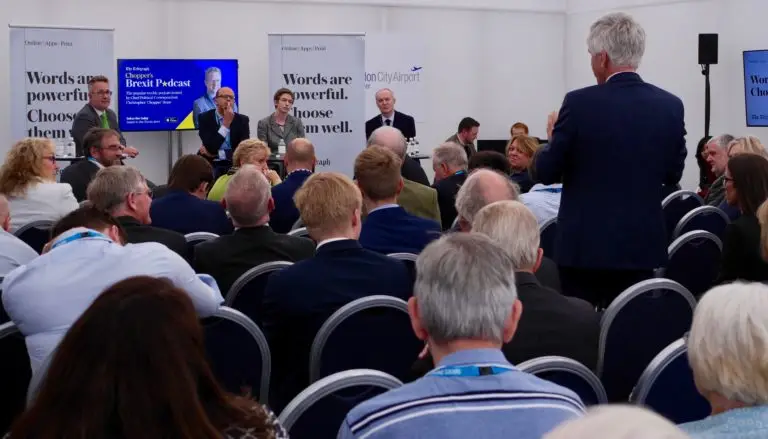In 2013, one Jacob Rees-Mogg wrote an article (similarly titled to this one) for the Telegraph. He praises the topical range of Fringe listings and the forthright nature of events which offer speakers the ability to be more open than they might normally be in the Chamber. Much of this still holds true.
And yet when speaking to organisations – and with the Fringe listings deadline having come and gone – more and more seem to think the trip no longer worth their while. This is despite the fact they have interests they wish to express to the policy makers of the day; or are interest groups, who wish to raise awareness of their key issues. Why is this?
Cost is clearly a factor but when considering the opportunity to approach a key political influencer or decision maker to have a face to face conversation, is it not worth it? A ministerial meeting or parliamentarian to champion their project or cause is perceived by many as the holy grail of public affairs.
I make a living helping people be heard, and yes, to get a mention in parliament or a face to face meeting to influence policy making. And dear reader I can tell you, it is not easy. Politicians have demanding schedules and competing priorities. This is even more the case for those from the ruling party – and those in key Government positions. Why therefore is there no appeal in getting that person on your panel or attending that reception to catch them for a chat?
Politicians seem nowhere more approachable than during Conference. It is not unusual to see active backbenchers and ministers (perhaps not Cabinet big wigs, but ministers nonetheless) roam the Conference site, linger following a talk, attend receptions with the purpose of meeting both grassroots members (and yes lobbyists), and yes… even relax at the hotel bar.
While they come at a cost, these are “priceless” opportunities for engagement, as Mogg writes. How much easier to contact a Department private secretary or MPs office when one can say “I am following up on a conversation I had with MP-X face to face at Conference”?
Party conferences are first and foremost meant for ordinary party members and to vote on policy discussions, and yet, it always has been a must see-and-be-seen for public affairs professionals and interest groups. And that, too, remains.
I often hear people say they have wasted time getting to know a minister at Conference, only to have them moved at the next reshuffle – or snap election. I won’t lie, that is a risk, and maybe more so if one reads the headlines full of looming leadership elections or the Opposition drafting a Queen’s Speech as the “Government-in-waiting”. But engagement is often less about individuals than about credibility and a good hook.
And so Conference becomes a set piece one can refer back to, to have a case study, that one commanded the attention of a policy maker – if only for a moment. And lest not forget to forge connections to third party advocates who can be just as valuable as influencers to give credibility to a message as an MP champion.
The Westminster bubble is an echo chamber and outsiders often think politicians are all the same. But the nation has seldomly been more divided and had more diverse voices in the Commons than today.
Brexit may dominate the agenda in Whitehall and in the Commons most days (and has done for the last three Conference seasons now) but it is perhaps due to that limited bandwidth, that politicians rely on think tanks, core members – and yes lobbyists – to guide their thinking. And to remind them what else is out there that matters.
Podium mishaps and beige food aside – hope to see you there!
PS: The PLMR Business Hub is returning following last year’s success at the Conservative Party Conference. Our Hub will once again be located in a prime location, at the entrance of the secure zone to the Conservative Party Conference 2018 in Birmingham. Get in touch for more information.




